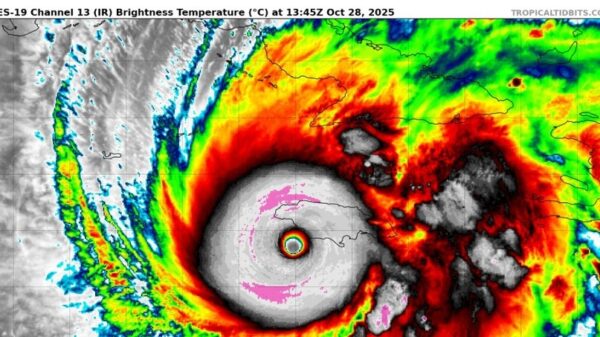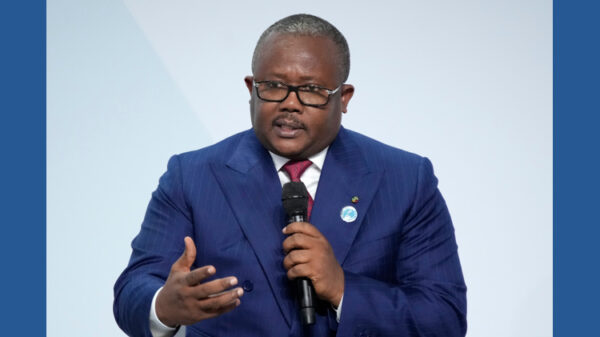Rescue and fundraising efforts are ongoing in eastern Afghanistan following a series of deadly earthquakes that struck the region last week. The initial tremors, which occurred on September 21, 2023, resulted in substantial loss of life and widespread destruction. Reports indicate that more than 1,000 people have died, while thousands of others have been displaced from their homes.
The earthquakes primarily affected the provinces of Paktya and Khost, where buildings collapsed and critical infrastructure was severely damaged. In the aftermath, local and international organizations have mobilized to provide assistance. According to the United Nations, more than 150,000 individuals are in urgent need of humanitarian aid, including food, medical supplies, and shelter.
Humanitarian Response Underway
Rescue teams, including members of the Afghan Red Crescent Society, have been working tirelessly to reach affected areas. Their efforts are focused on searching for survivors trapped under rubble and delivering essential supplies to those in need. Nesar Abdiani, a representative from the Afghan Red Crescent, emphasized the urgency of the situation during an interview with NPR.
“We are racing against time to save as many lives as possible,” Abdiani stated. “The conditions on the ground are challenging, and we are in desperate need of more resources.” International aid organizations have responded to the crisis by coordinating relief efforts and raising funds to support the humanitarian response.
The World Health Organization has also stepped in to assist with medical care and supplies. They are working to provide emergency healthcare services to those injured in the earthquakes. This includes setting up temporary clinics to treat wounds and prevent the spread of diseases in overcrowded shelters.
Continuing Challenges and Needs
Despite the progress made, significant challenges remain. With winter approaching, the need for adequate shelter and warm clothing is becoming increasingly critical. Many survivors are living in makeshift tents or damaged buildings, and the risk of further casualties rises as temperatures drop.
The international community is being urged to contribute to relief efforts, with several fundraising campaigns already underway. Donations are crucial for supporting logistics, distributing food, and providing medical supplies. Organizations like the United Nations and various non-profits are calling for immediate action to prevent further suffering.
As recovery efforts continue, the resilience of the Afghan people remains evident. Communities are coming together to support one another, sharing what little resources they have left. The road to recovery will be long, but with sustained international support, there is hope for rebuilding lives and communities in eastern Afghanistan.





































































